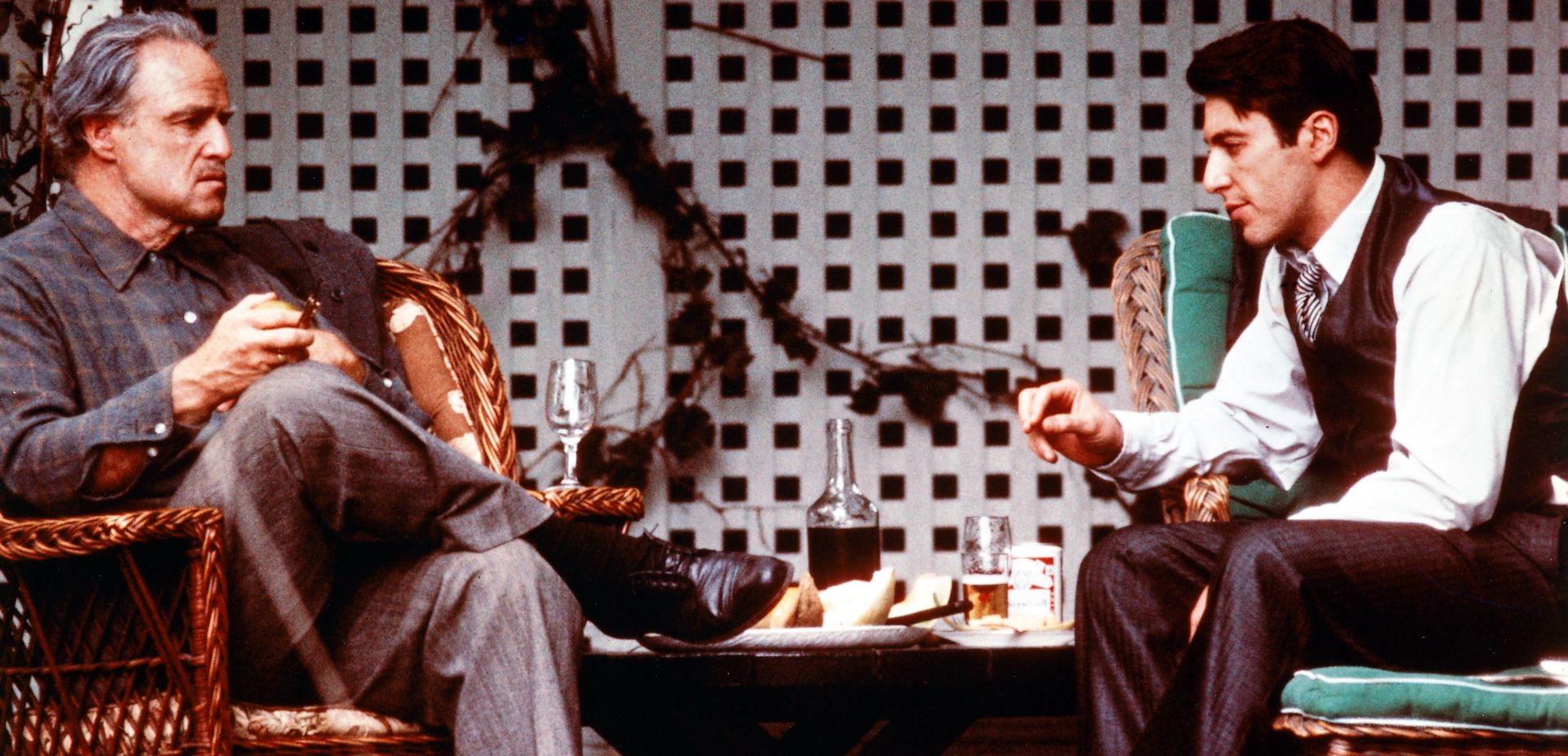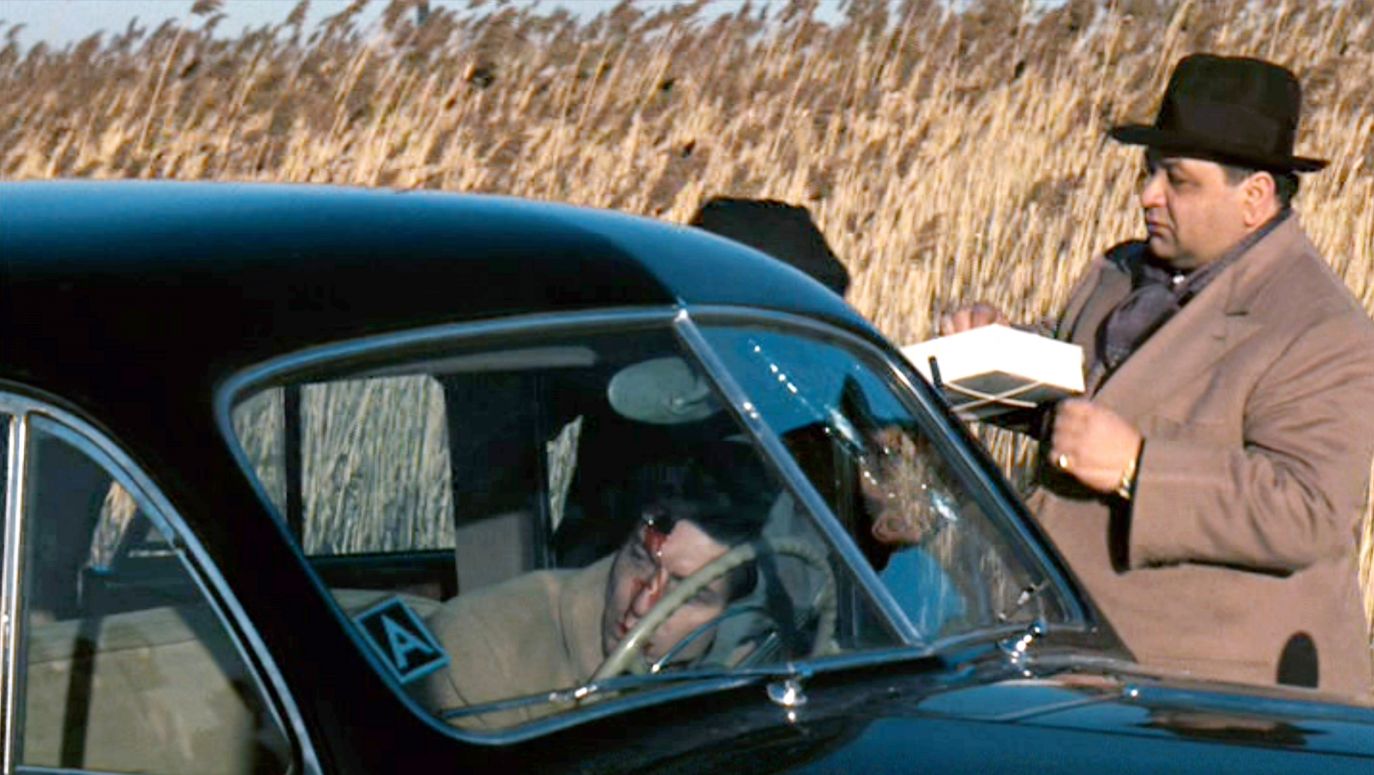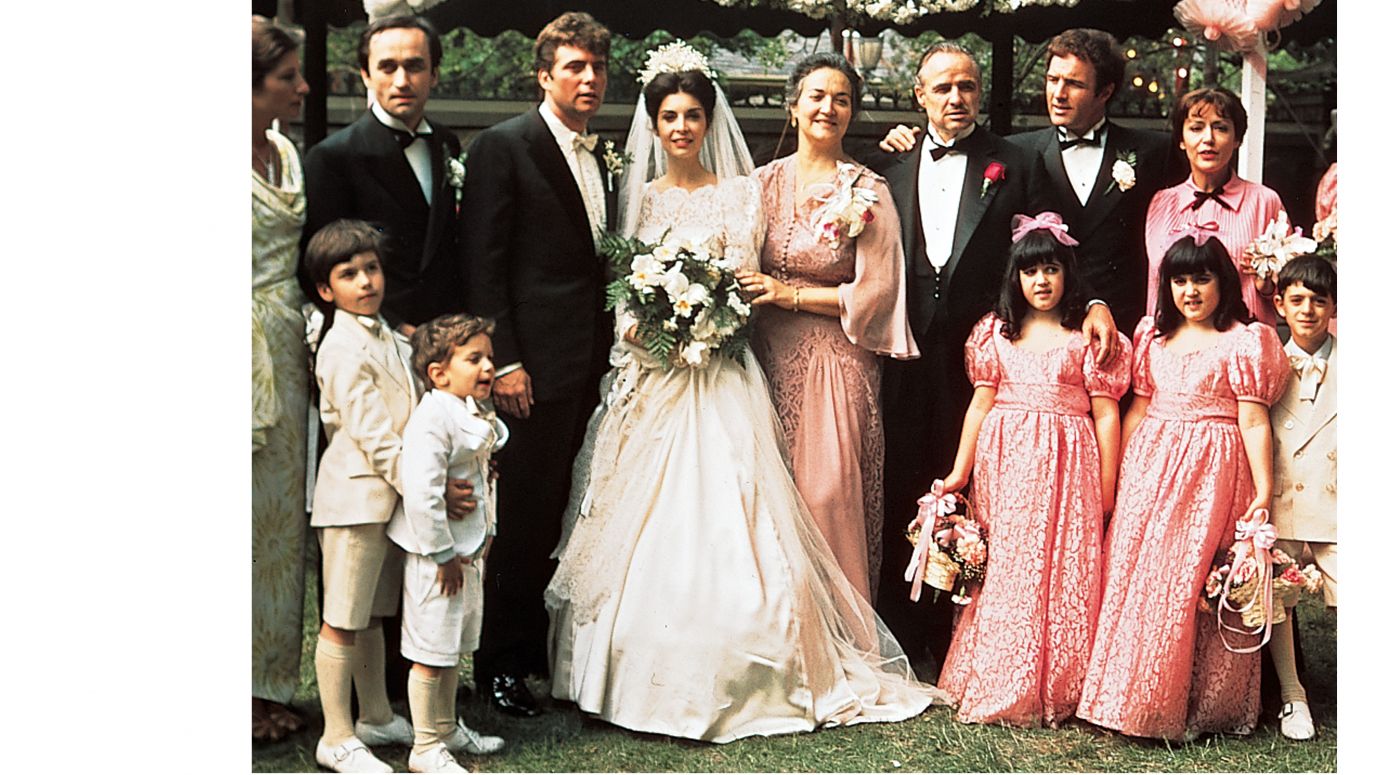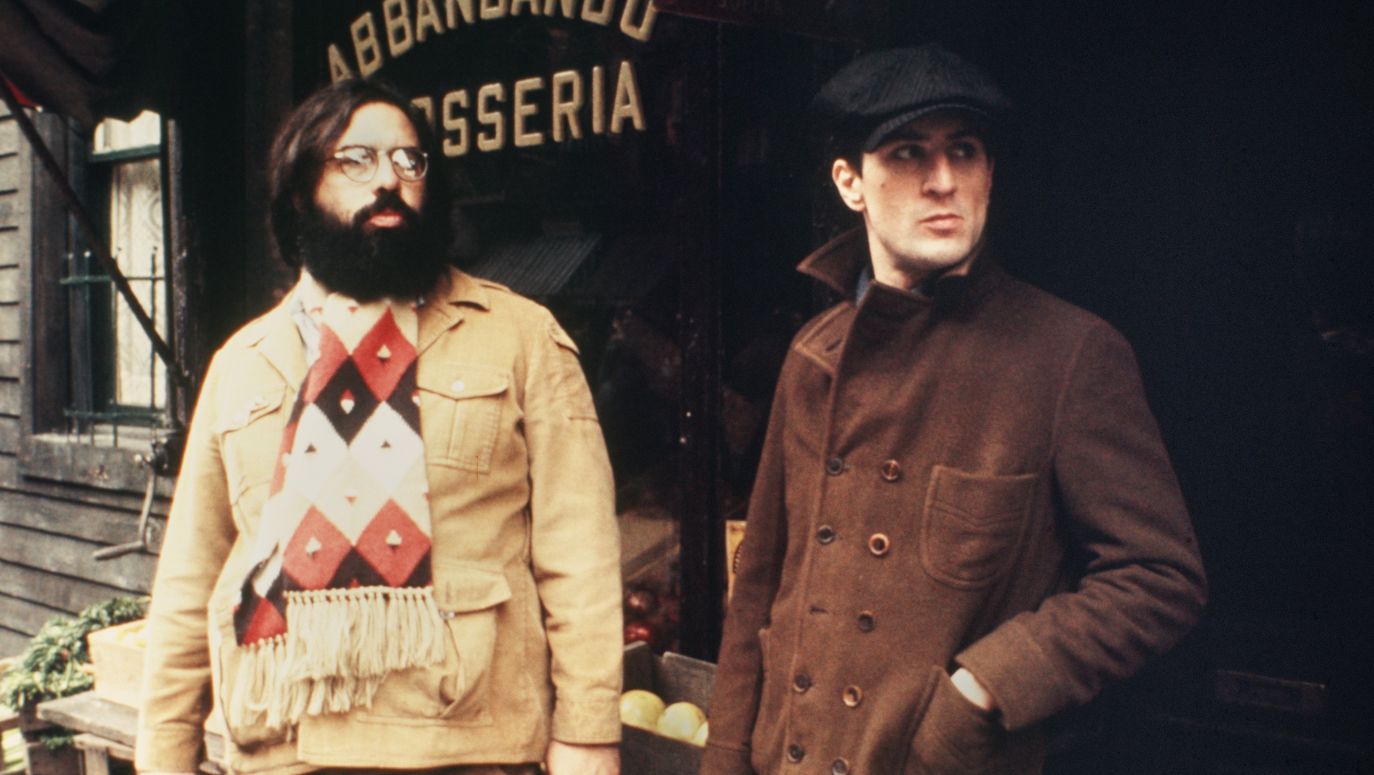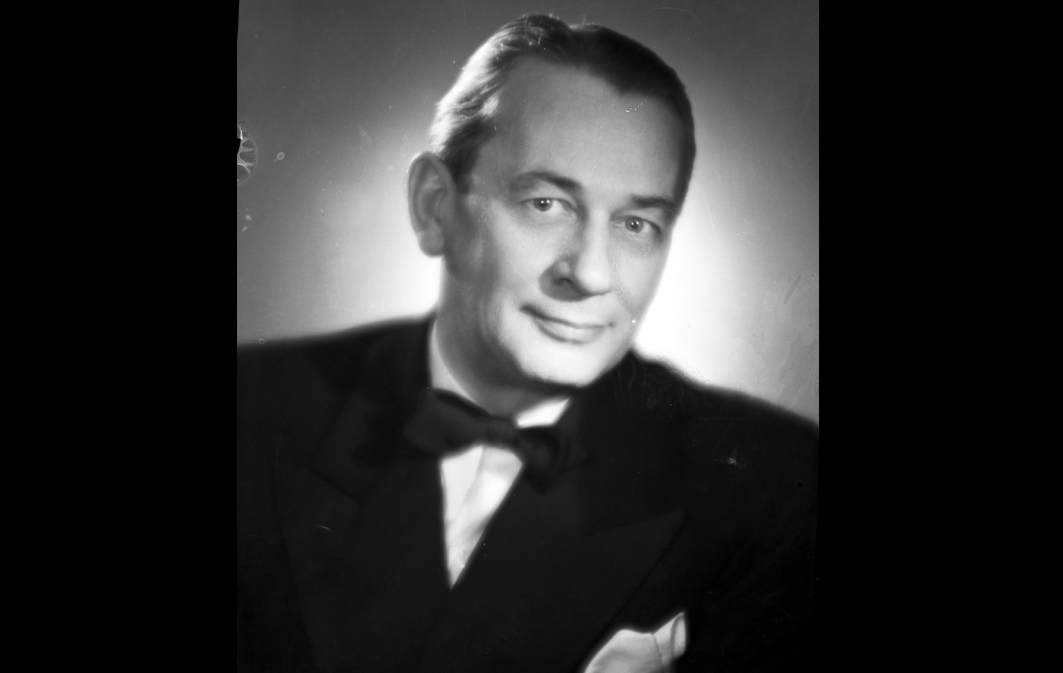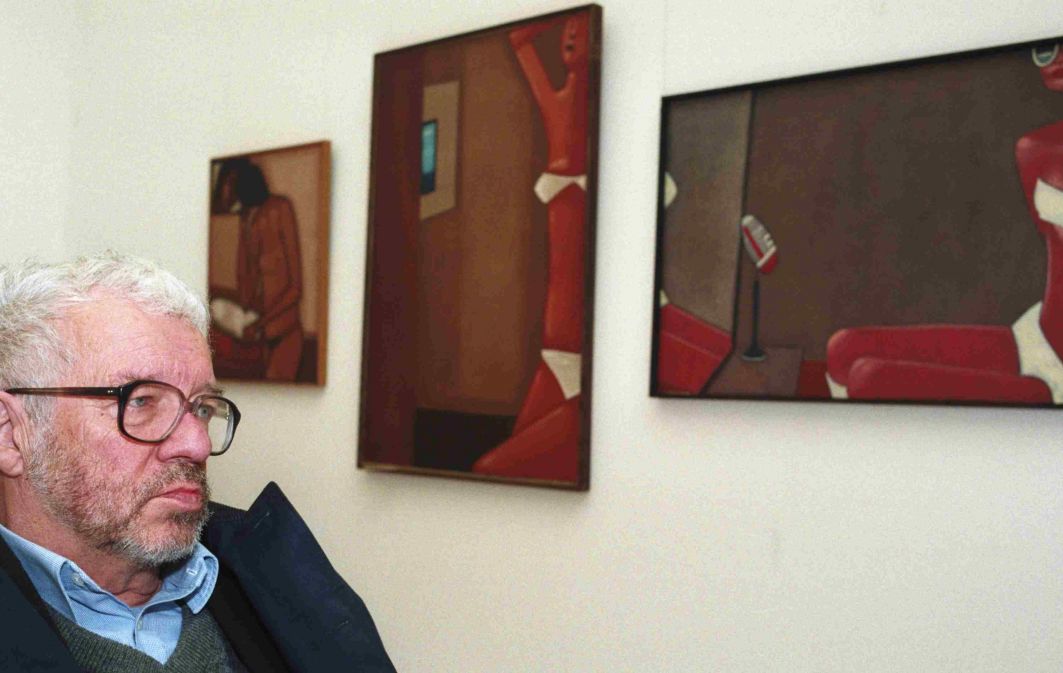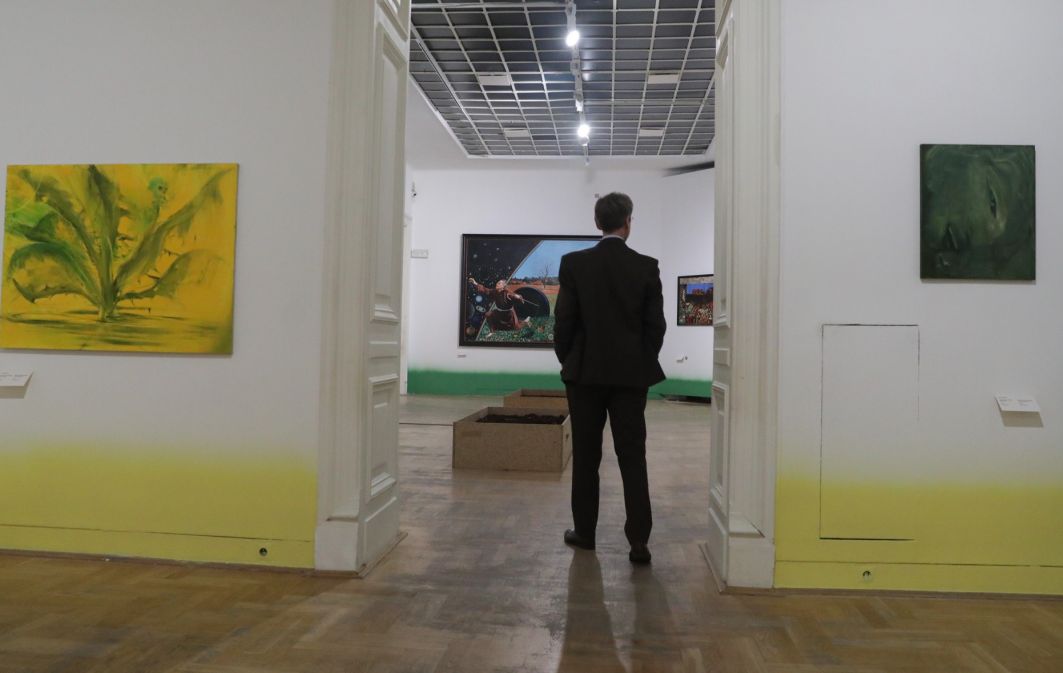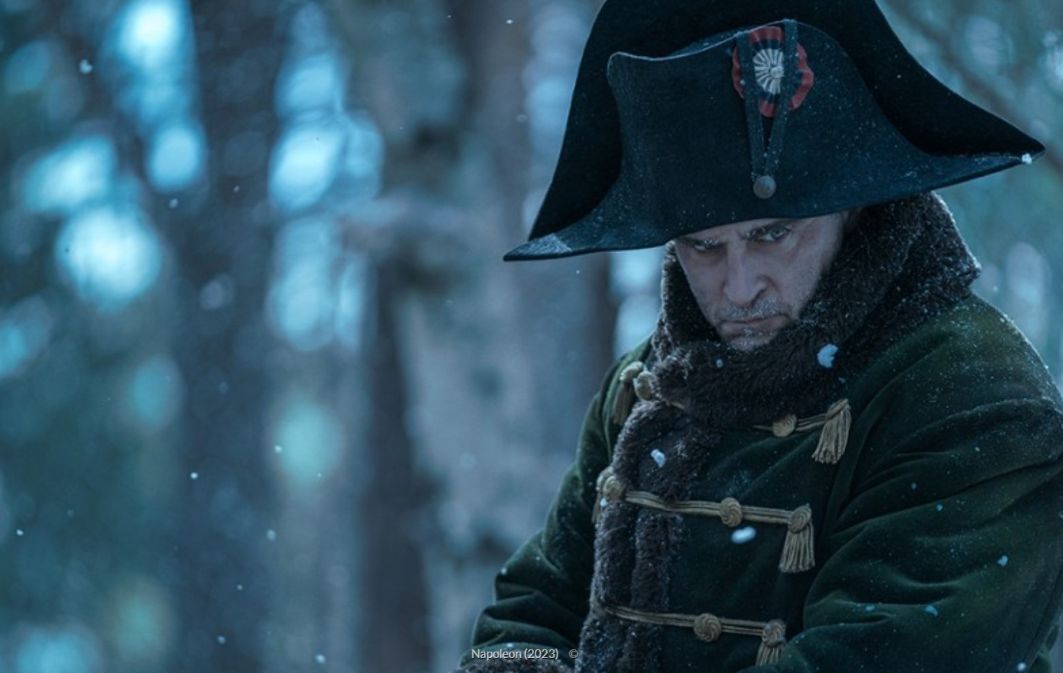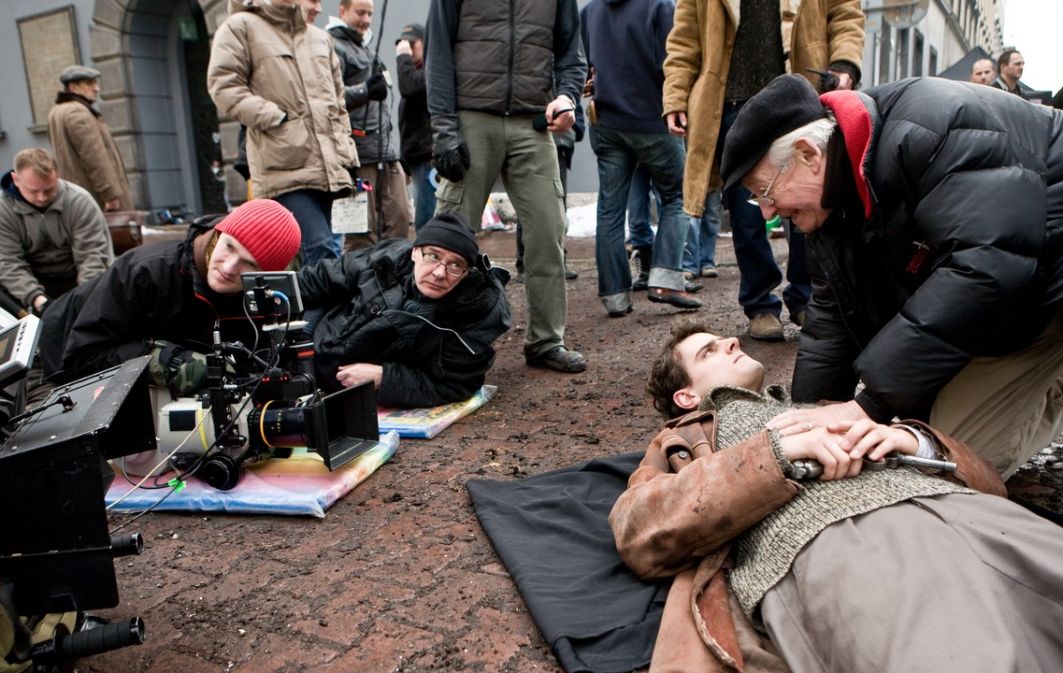'The Godfather'. Cinematic hot dog or morality play about loyalty and family values?
16.03.2022
Tuesday the 15th of March 2022 marks the 50th anniversary of the premiere of the cult masterpiece of cinematography. It has many fans who see in it something more than a classic of the genre.
"It is a rare example of ideal cinema, which is, on the one hand, wise, well-thought-out in every detail, artistic and ambiguous, and, on the other hand, genre-oriented, tailored to an ordinary viewer. 'The Godfather' is a film that at the same time gained great recognition and was a huge box office hit", Dr. Piotr Kletowski, a film expert and critic from Jagiellonian University, tells TVP Weekly, adding that the history of gangster cinema is counted "until 'The Godfather' and from 'The Godfather'".
Of course, not everyone is enamoured with Francis Ford Coppola's film. Although they do appreciate it for, among other things, its craftsmanship or the great cast. "'The Godfather' is a very good film, it's great to watch; I appreciate its beauty, workshop, cast. But in my opinion it is not exceptional or groundbreaking. It is also not one of my favourite films," says Janusz Majewski, director and rector of the Warsaw Film School, in an interview with TVP Weekly. He adds that he does not see a deeper message in "The Godfather". -"This is simply a picture of the mafia, which is not invented. Such mafias existed and probably still exist. Although I suppose this is how the film is perceived by Americans first of all. In Poland, on the other hand, the audience saw the film simply as a good, entertaining gangster film", says the director, not hiding his amazement that I am devoting attention to the 50th anniversary of the film's premiere.
"But, of course, one could look for some kind of 'message' or metaphor in it, e.g. showing what a kind of solidarity looks like, a code of conduct, rules of hierarchy, even a bible of a group bound together by one goal, and consider that Coppola is in fact telling a story about the politicians ruling America at that time. I can imagine what he would say to that: 'Message? I'm sending my messages to the box office, only'", Majewski continues.
Majewski values higher than "The Godfather" Sergio Leone's "Once upon a time in America", which - according to the director - unlike Francis Ford Coppola's film "has a soul", and "certainly Coppola's 'The Conversation' is an exceptional film".
In turn, Dr Mateusz Werner, a philosopher of culture, film critic and cultural expert from the UKSW in Warsaw, points out that he reserves the word "masterpiece" for works of art, for films by directors such as Antonioni, Bergman, Fellini, Visconti or Kurosawa. - For me, 'The Godfather' is an excellent product of entertainment cinema, an example of masterful craftsmanship, a jewel of the gangster film genre. The genre scheme has been filled in here with great excess, but ultimately it has remained intact, quantity does not turn into quality. I would compare this film to a hot dog prepared in a four-star restaurant. The hot dog is luxurious, as it is seasoned with Dijon mustard and made from a bun baked by hand from spelt grain. But it is still a hot dog," says Mateusz Werner.
However, many viewers consider 'The Godfather' to be a masterpiece of cinema. For them, it is not just a great gangster film. What do they see in it?
"'The Godfather' is a great work of culture. Its three parts are best viewed together. The first, with its romantic image of the mafia, presents a pagan heroic myth. The pathos of empire building. Michael Corleone is led by his fate, inscribed in his blood, that is, his origins, and his heart, that is, his love for his father. He implements the Stoic concept of virtue: he must do what is necessary, usually in spite of himself. He kills first his brother-in-law, then his own brother. This, by the way, is his participation in blind - but necessary - justice. But this blind justice is not the same as goodness, there are no shortcuts, doing evil makes it impossible to free oneself from it, the silk loop is getting tighter and tighter," says Marek Jurek, an expoliticist, columnist and admirer of the saga of the gangster family, in an interview with the TVP Weekly..
The former Speaker of the Sejm interprets the second part of Francis Ford Coppola's trilogy as a catastrophic story. The third one, on the other hand, as a film about redemption - he points out that he likes it very much, even though it is rather welcomed with reserve. And he continues that the film omits some themes from the book. For example, the thread (from the last chapter) of Kay Corleone's conversion and daily prayer for the spiritual rescue of her husband Michael.
They could not count on the state
According to Mateusz Werner, "The Godfather" is a kind of mythological story about several generations of Italian immigrants who changed as America changed. -"Like the Irish, Jews or Poles, they came to America at the peak of emigration in the late 19th century. And over several generations they changed under the impact of two world wars, the economic boom, the fact that America became a world hegemon in the middle of the 20th century. Coppola's film has the ambition to capture these transformations, the different human types or trends that caused poor peasants from Calabria or Sicily to become Americans", says Dr Werner.
After a while he asks rhetorically: "But is it truthful? Should we get attached to this interpretation? In my opinion not. Because it is a bit like trying to create a sociology of Slovak highlanders on the basis of the legend of Janosik," says the cultural expert.
However, there is no shortage of opinions that "The Godfather" is a profound social analysis, that Coppola's depiction of the former Italian emigration in the United States says a lot about its reality at that time. Symbolic is already the first scene of the film, in which Amerigo Bonasera, an undertaker, addressed Don Vito Corleone with the words: "I believe in America, I made my fortune here and I raised my daughter in the American way". He went on to tell the story of how his daughter was harmed and the torturers escaped justice. Bonasera concluded: "I said to my wife that justice would be provided for us by Don Corleone".
"This scene shows that immigrants who were not yet deeply rooted in American society, in their new homeland, could not always count on the state. Therefore, they created their own alternative system of justice, the rules of which were often cruel," Piotr Zaremba, a historian and publicist, tells TVP Weekly.
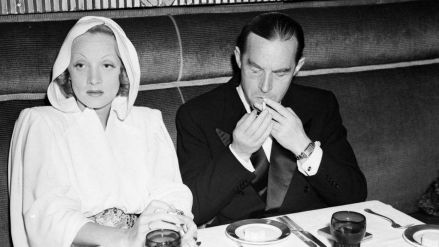
He had success with women, often those wise and well-off but he would chose the banal. Except for Marlena Dietrich.
see more
"I think Francis wanted to talk about the sacrifice made by the first Italian-American generation. They came to the States, and the American dream turned out to be a lust for power, money and fame... So they concentrated all their forces to achieve these goals...",Al Pacino recounted in an interview with American journalist Larry Grobel, included in the book "Al Pacino. About Himself".
On another occasion Pacino told Grobel: "The first generation of American Italians brought old cultural habits to this country. The second generation sacrificed themselves for the third one, only they were to fulfil the American dream of power, success and money. The film is about a family torn between old and new values, old and new country. It is a family film. This probably explains its popularity".
It seems that Marlon Brando, the film's Don, did not initially believe in the success of the film, probably thinking that it would be a C-grade film aimed mainly at Italian immigrants. He himself was on a professional decline at the time. "Brando's career was thought to be over. He was then at odds with Hollywood; he behaved aggressively, vulgarly and nobody wanted to work with him. However, he got an offer (Francis Ford Coppola strongly demanded Marlon Brando from the producers - ed.), and since he was heavily in debt, he accepted it. He was offered a choice: a salary of several dozen thousand dollars or the rights to a percentage of the profits from the film. He chose the first option, stating that absolutely no one would want to see this Italian crap. This is how he lost millions of dollars", film critic Wiesław Kot tells TVP weekly.
By the way, Brando was not the first choice of producers and director to cast the role of Don Corleone. "Orson Welles and George C. Scott were also considered. A serious candidate was Laurence Olivier, who, however, fell ill with pneumonia before the trial shoot. In the end, Francis Ford Coppola fell in love with Marlon Brando", says Piotr Kletowski. He adds that the situation was similar with the casting of the role of Michael Corleone ("He aspired to it, for example, Sylvester Stallone, who came to the trial shooting and was close to getting the role. But in the end Al Pacino came along and beat off the competition"), as well as the hiring of a director - originally it was supposed to be Sergio Leone.
Fighting for children's future
"The Godfather" confronts the myth of the American Dream and shows the dark face of the United States. Some see in the image presented by the director a metaphor for America.
"This is a film not only about the world of organised crime, which enters into colligations with the world of big politics, creating a conglomerate of power. The Corleone family is a symbol of American society. Based on their example, Mario Puzo and Francis Ford Coppola have created a work about America. Because this film is about America. It is also about the violence on which the power of the mafia was built, but also about American civilisation, starting with the fight against the Indians, through the Civil War, the establishment of civilisation in the Wild West with revolvers and rifles, the struggle for power and so on.- it was all based on violence", says Dr Piotr Kletowski.
"The mythologisation of crime is typical of the American cinema of the 1970s. Let me remind you of the film 'Dirty Harry', in which the criminal inspector Harry Callahan (Clint Eastwood) is a brutal and ruthless, but nevertheless sympathetic law enforcement officer. This kind of role reversal is an inheritance from the counterculture of the late 1960s, which first deconstructed the genre patterns of the western, creating the so-called "anti-western", where the thug usually becomes the hero and the sheriff is usually the scoundrel. Gangster cinema of the 1970s followed in the footsteps of the western", notes Dr Mateusz Werner.br>
Piotr Kletowski disagrees with opinions that the filmmakers mythologised violence. He claims that the assumption of Mario Puzo and Francis Ford Coppola was quite the opposite. In a nutshell, they wanted to show that violence is a double-edged sword, that it turns against those who use it.
"'The Godfather' shows the people who build a social life around the mafia. Don Corleone is the leader of a certain type of community. Some say that Coppola relativizes the world of gangsters, showing that they have a normal family life and try to play the role of decent citizens. In my opinion, this film rather reinforces the impression of pathology, showing the connections between the mafia and different worlds," comments Piotr Zaremba.
We are talking about the connections between the mafia, the corruption-ridden judiciary and the world of politics. The film therefore says a lot about the state of the country at that time (let us recall that the action of the second part of the trilogy ends in 1959).
In turn, according to Marek Jurek, "The Godfather" is a morality play showing the pathos and price of so-called success, i.e. the fundamental myth of American culture (and liberal culture in general).
"Don Vito Corleone wants to break through to the establishment on his own terms, crime is just the way, the only way, he believes. He fights for his children's future, but along the way those children lose all the values he brought from the old world. In this sense, "The Godfather" can be interpreted as a bill issued by - as Michael Novak called it - "ethnic America" to its new homeland", says Marek Jurek. "In the book it is thanks to Kay, who becomes a convert - the children remain Catholics. Michael would have preferred them to enter the elite by adopting her (and her mother's) Protestant religion", he adds.
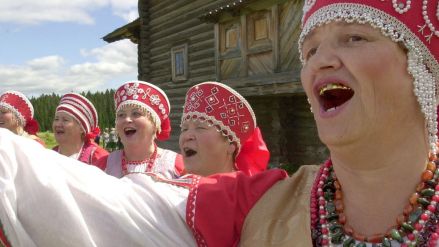
The fall of communism has not changed the nature of the Russian soul.
see more
A warning of a beautiful film
Piotr Zaremba sees 'The Godfather' above all as a very interesting historical and moral film (and, incidentally, a crime one). "'The Godfather' is a testimony to history. I wrote four volumes about the history of the United States in the 20th century. And in each of them the history of the Mafia was included. It is simply part of American history. The Mafia lived in a certain symbiosis with capital and, above all, with the world of politics, including the police and the judiciary. Many politicians cooperated with it; some were dependent on it, some were corrupt, some simply bet on the mafia. These are historical facts", says the historian and publicist. He stresses that it is impossible to understand some political careers without knowing that they were from the beginning or at some point animated by the mafia.
"The first two parts of the trilogy received a total of nine Oscars, and earned an estimated eight hundred million dollars. More importantly, they became a great metaphor for modern life - an epic vision of the corruption of the United States," wrote Larry Grobel in the foreword to one of his interviews with Al Pacino.
Piotr Zaremba, in turn, emphasises that Francis Ford Coppola captured various phenomena in " The Godfather": starting with the overcoming of a certain isolation of Italian immigrants, how they began to identify more strongly with their new homeland thanks to their service in the US Army (using the example of Michael Corleone), and how World War II integrated their world with America ("Michael has an American fiancée, he no longer lives in an exclusively Italian world"); through the origins of Las Vegas, where an entertainment centre was created but controlled by the mafia, as well as showing the metaphorical image of the mafia as a capitalist enterprise; to the connections of the mafia with the already mentioned world of politics or the world of celebrities. "The character of Johnny Fontane alludes to Frank Sinatra, who was in fact in close contact with the mafioso Sam Giancana" explains Piotr Zaremba.
People of the cinema, film experts and cinema lovers search for various analogies in " The Godfather". Wiesław Kot, for example, points out that the system of transfer of power in Coppola's work is similar to the one used in Shakespeare's dramas. "The heirs to the throne fight for the inheritance of the great father, for his legacy. The characters are full-dimensional, deep. They move as if on high heels, three or four seconds slower than the action of the film would dictate. They have a regal distance and majesty," says the film critic.
The film highlights values such as loyalty, fidelity and family ties. Francis Ford Coppola also involved several members of his family in the work on the film: his father Carmine Coppola (he was responsible, together with Nino Riota, for the music), his daughter Sofia Coppola (in the first part she appeared as an infant, Michael Corleone's godchild; in the second as a child on a ship; and in the third she played Mary Corleone) and his sister Talia Shire (she played Connie Corleone).
We should add that the producers were initially reluctant to give the role of Mary Corleone to the young (she was 18 at the time) and inexperienced Sofia Coppola. Larry Grobel recalled that the director's decision was defended by Al Pacino. "[Coppola] thought it would help the film. That character was the epitome of innocence", the actor claimed.
"In 'The Godfather', phrases about caring for the family are very common. But what do they mean in the mouths of the film's protagonists? They show with their attitude that for them, the only thing that matters is 'my own family. It stands higher in the hierarchy than all the other families we don't care about'. It is hypocritical" says Wiesław Kot.
Marek Jurek stresses that "The Godfather" carries an important warning: The "success" of a family can be the road to its disintegration. "They lose everything, sometimes even their lives. This is the great truth of this beautiful film", says the former politician and publicist. And he points out that it is worth watching 'The Godfather' at least several times. "Great books should be read, great films should be watched like paintings, repeatedly, in order to experience the encounter. The reception is different each time, because we also change, noticing new motives and new layers of the work".
– Łukasz Lubański
– Translated by Tomasz Krzyżanowski
